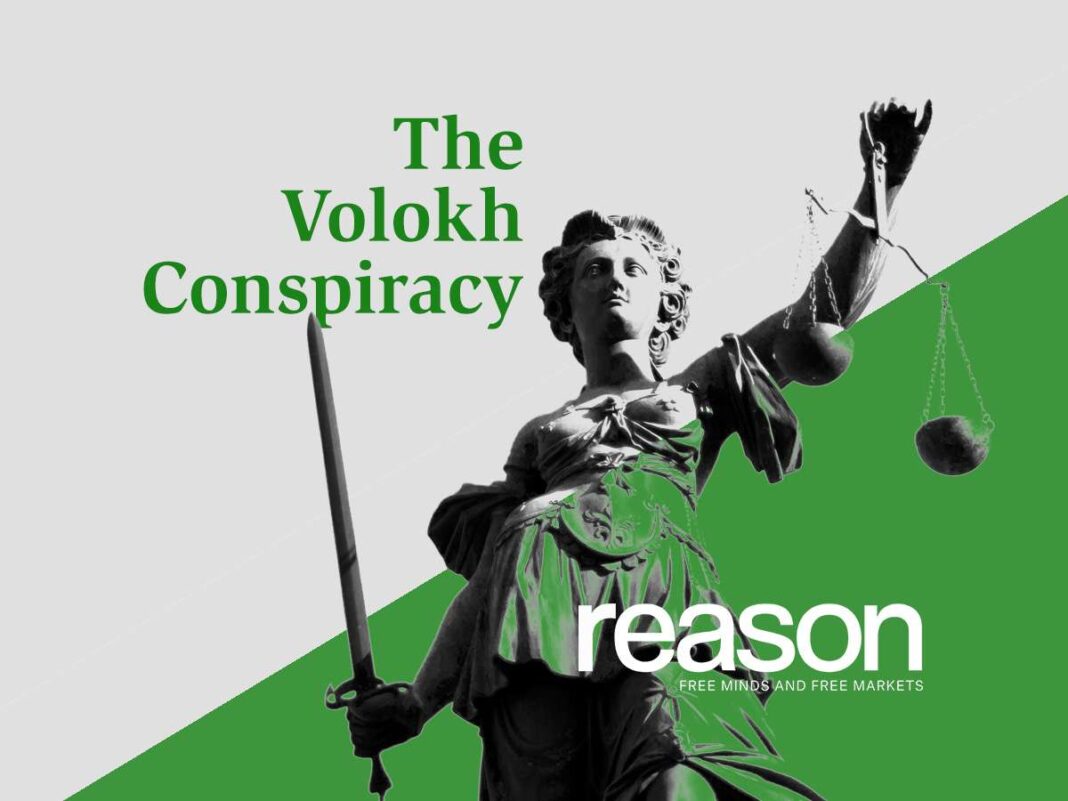From the Oct. 10 letter by Secretary Suella Braverman (see also Reuters on the French bans on “pro-Palestinian protests”):
You will be aware of, and no doubt share my disgust at, the barbaric terrorist attacks we’ve seen committed against Israel in recent days. Sadly, experience indicates that whenever Israel is attacked, Islamists and other racists, seek to use legitimate Israeli defensive measures as a pretext to stir up hatred against British Jews and increase fear within the Jewish community. In the past, this has included vandalism of Jewish businesses, desecration of memorials and religious sites, physical and verbal abuse of Jews on the streets, convoys driving through Jewish neighbourhoods hurling antisemitic abuse, and proliferation of antisemitism online. There is an obvious risk that this pattern will be repeated during the current conflict….
As you know, Hamas is a proscribed terrorist organisation in the UK in its entirety. It is therefore a criminal offence for a person in the UK to:
- belong to Hamas
- invite support for Hamas
- express support for Hamas whilst being reckless as to whether the expression will encourage support of it
- arrange a meeting in support of Hamas
- wear clothing or carry articles in public which arouse reasonable suspicion that an individual is a member or supporter of Hamas or
- publish an image of an article such as a flag or logo in the same circumstances …
Of course, it is not just explicit pro-Hamas symbols and chants that are cause for concern. I would encourage police to consider whether chants such as “From the river to the sea, Palestine will be free” should be understood as an expression of a violent desire to see Israel erased from the world, and whether its use in certain contexts may amount to a racially aggravated section 5 public order offence.
I would encourage police to give similar consideration to the presence of symbols such as swastikas at anti-Israel demonstrations. Context is crucial. Behaviours that are legitimate in some circumstances, for example the waving of a Palestinian flag, may not be legitimate such as when intended to glorify acts of terrorism. Nor is it acceptable to drive through Jewish neighbourhoods, or single out Jewish members of the public, to aggressively chant or wave pro-Palestinian symbols at. Where harassment is identified, I would encourage the police to take swift and appropriate enforcement action.
I encourage all Chief Officers to ensure that any protests which could exacerbate community tensions by way of offensive placards, chants, or behaviours that could be construed as incitement or harassment, have a strong police presence to ensure perpetrators are appropriately dealt with, and that communities feel protected….
I have also been absolutely clear that online offending is as serious as offline offending….
I therefore expect the police to use the full force of the law against displays of support for Hamas, other proscribed terrorist groups or attempts to harass and intimidate British Jews.
Ensuring that there are heavy criminal consequences for any perpetrators is the best way to deter future offending and ensure the confidence and safety of our Jewish communities.
I share the views of FIRE’s Sarah McLaughlin, writing in “Don’t Let Free Expression Become a Casualty of the Israel-Hamas War” (Daily Beast):
It is not strength to silence unpopular political views. It is weakness.
The right to wave an Israeli flag depends on the same protections afforded to those who wish to wave a Palestinian flag. One cannot exist without the other.
There are plenty of organizations that would be quite happy to silence pro-Israel speech, sharp criticisms of Palestinians, and endorsement of Israeli retaliation against Palestinians; allowing use of the law to suppress pro-Palestinian speech would give them a powerful precedent. That you or I distinguish Hamas attacks and retaliatory Israeli attacks on moral grounds (as I think we should) doesn’t mean we can count on government agencies, public universities, or courts drawing such sharp distinctions.





